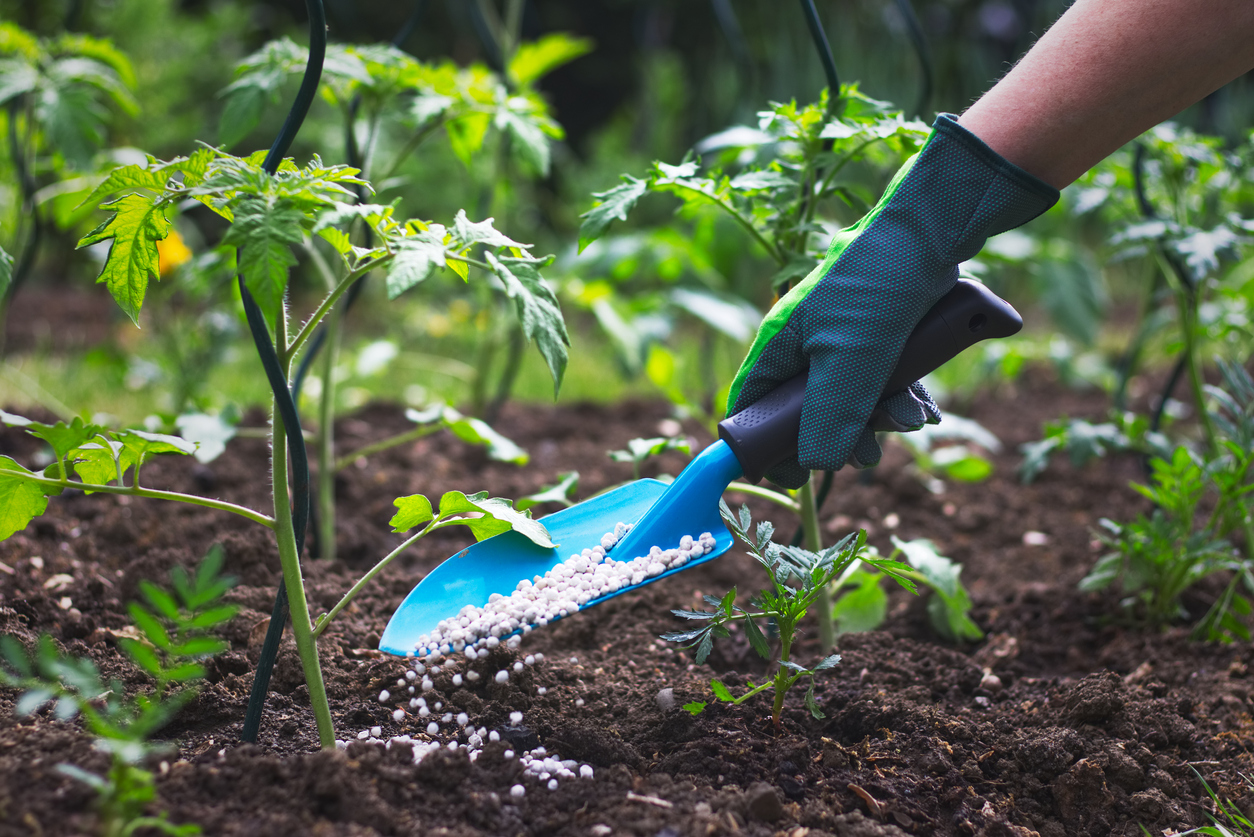
Engineering Self-fertilizing Plants to Reduce Environmental Footprint
December 4, 2019| |
Scientists from Joyn Bio are attempting to engineer microbes that can make plants self-fertilizing, thus reducing the environmental impact of agriculture.
Joyn Bio is a join ag-tech venture between synthetic biology company Ginkgo Bioworks and Bayer. Their researchers are searching for ways to design microbes that can remove the use of synthetic fertilizers, which have boosted crop yields over the past century but have harmed soil health and caused environmental concerns.
Joyn Bio CEO Mike Miille explains that the engineered microbe would work like a Fedex truck running all over the plant to deliver cargo. The cargo then takes nitrogen from the air, converts it into nitrogen that the plant requires, and then gives it to the plant. Once this becomes successful, the technology will allow farmers to reduce their fertilizer use by 30 to 40 percent, saving them money while protecting the environment.
Read more from Food Navigator.
| |
You might also like:
- GM Bacteria Offer Ecological Solution to Synthetic Fertilizer
- 'Superstar' Rice Varieties Reduce Fertilizer Loss, Cut Down Pollution
- Discovery of Genes Could Help Reduce Fertilizer Pollution in Waterways
Biotech Updates is a weekly newsletter of ISAAA, a not-for-profit organization. It is distributed for free to over 22,000 subscribers worldwide to inform them about the key developments in biosciences, especially in biotechnology. Your support will help us in our mission to feed the world with knowledge. You can help by donating as little as $10.
-
See more articles:
-
News from Around the World
- Engineering Self-fertilizing Plants to Reduce Environmental Footprint
- PopSci Hails Impossible Burger 2.0 as Most Important Engineering Innovation in 2019
- Scientists Discover How Sorghum Controls Genome to Survive Drought
- India Develops Drought Tolerant and Disease Resistant Chickpeas
- Asian Course Tackles Importance of Integrating Research, Effective Communication and Science-based Regulation in Agribiotech
- South Australia A Step Closer to Lifting GM Ban
- European Commission Authorizes 8 GM Products for Food and Feed Uses
- Field Trials Reveal Blight Resistant GM Potatoes
-
Research Highlights
- Brazilian Scientists Publish Most Complete Genome Sequence of Commercial Sugarcane
-
Plant
- Scientists Explored the Use of CRISPR-Cas9 to Improve Kitaake Rice
-
Read the latest: - Biotech Updates (December 17, 2025)
- Gene Editing Supplement (December 17, 2025)
- Gene Drive Supplement (February 22, 2023)
-
Subscribe to BU: - Share
- Tweet

